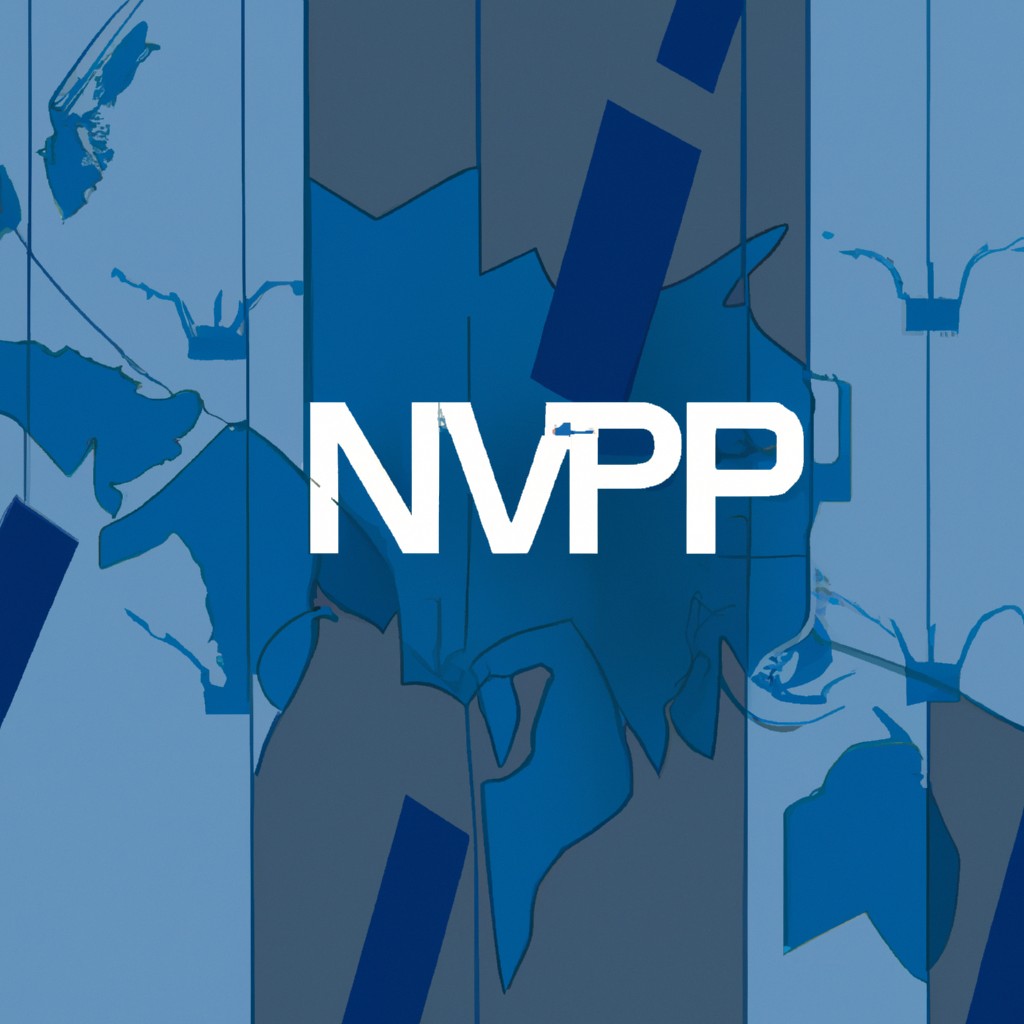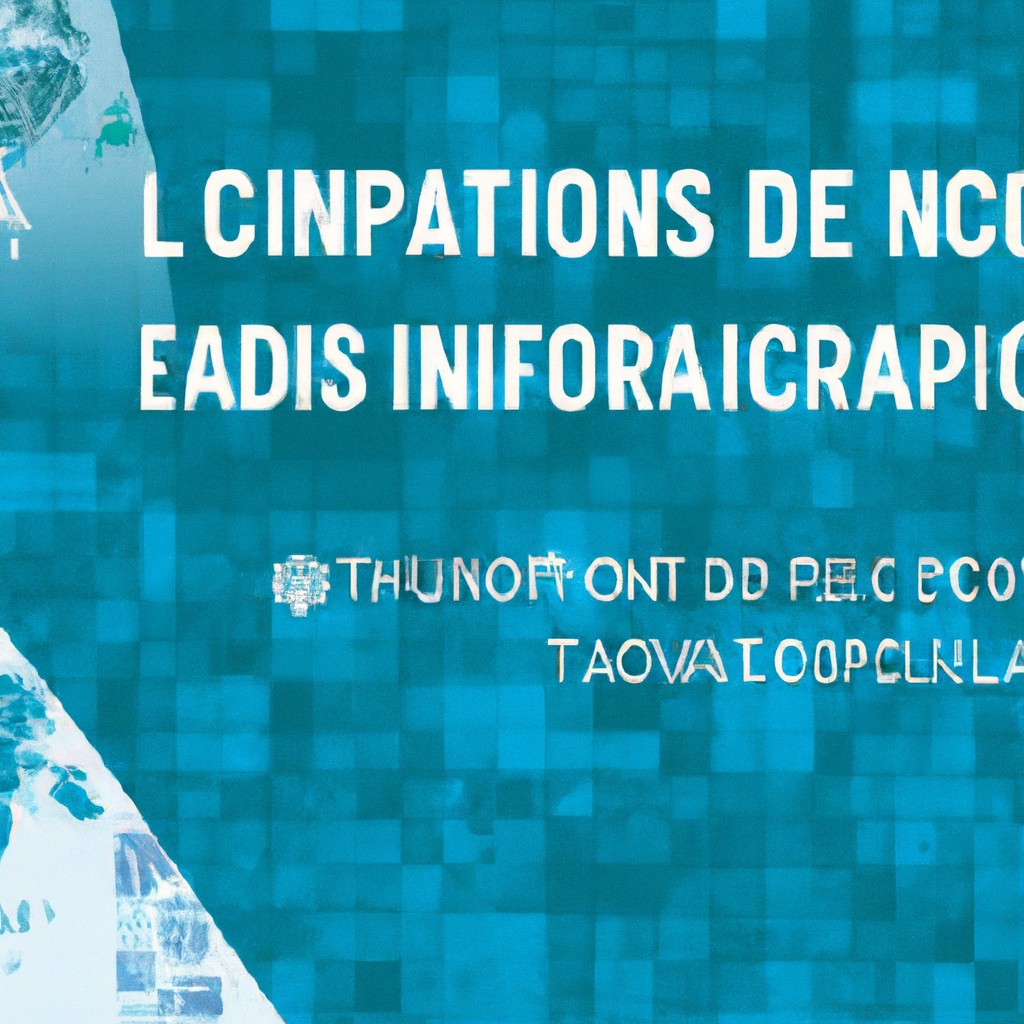Is your VPN secretly logging internet activity?
We’ve all been there – encrypting our traffic, masking our IP addresses, and disappearing into the digital ether like a ghost. But, since the infamous UFO VPN incident in 2020, where millions of user logs were leaked, we can’t help but wonder: are other VPN providers secretly keeping tabs on our online activities?
The Great VPN Logging Debate
The truth is, the VPN landscape is a complex web (pun intended) of varying logging practices. Let’s break it down to help you make an informed decision:
No-Logs Policy: The Gold Standard
This is the ultimate promise of a VPN provider – no data about your online activity, connection timestamps, or bandwidth usage is stored. Think of it like a digital speakeasy where nobody knows what you’re doing in there.
Why No-Logs Matters
- Anonymity: With a no-logs policy, you can ensure that your online activity remains truly private.
- Trust: When a VPN provider keeps its mouth shut, you can trust that it’s not playing hide-and-seek with your data.
TorGuard: A Leader in No-Logs Policies
TorGuard stands out from the crowd with its rock-solid no-logs policy. This Canadian-based VPN provider has been a trusted name in the industry for years, and its commitment to user privacy is unwavering. With TorGuard, you can be sure that your online activity remains confidential.
Connection Logs: A Slight Downgrade
Some VPN providers might track when you connect and how much data you transfer, but they don’t remember the websites you visited or the questionable downloads you snagged (hopefully none!). This is a step in the right direction, but it’s still not ideal for those who value complete anonymity.
Session Logs: A Creepy Middle Ground
This type of logging gets a bit too close for comfort. VPNs that log your connection details and websites accessed while connected can raise serious concerns about data retention and potential surveillance.
Full Logs: The Privacy Nightmare
The worst-case scenario is when a VPN keeps a running diary of everything you do online – browsing history, downloads, even the apps you use. This is akin to having your internet activity live-streamed to the NSA. We want to avoid this at all costs!
Choosing a VPN that Keeps its Mouth Shut
To avoid another UFO-style data leak, consider the following key factors when picking a VPN provider:
Location, Location, Location
Opt for providers based in countries with strong privacy laws and minimal government surveillance. Switzerland is a great example, while Russia? Not so much.
Audits: The Independent Security Firm Check
Look for VPNs that undergo regular audits by independent security firms. This adds a layer of trust, ensuring they’re not playing hide-and-seek with your data. NordVPN has done its fair share of audits over the years.
Pay Anonymously
Consider using anonymous payment methods like cryptocurrency to add an extra layer of protection against identity disclosure. ExpressVPN accepts cryptocurrency as payment, making it an excellent choice for those seeking maximum anonymity.
Encryption Matters
Make sure your chosen VPN uses robust encryption protocols like OpenVPN or IKEv2/IPsec. Think of it as a digital vault for your data, secured with the latest encryption technology. Most top choices have this option available.
Top Picks: No-Logs VPNs
- TorGuard: A leader in no-logs policies, robust encryption, and commitment to user privacy.
- ExpressVPN: Offers anonymous payment options and uses robust encryption protocols like OpenVPN and IKEv2/IPsec.
- NordVPN: Regularly audited by independent security firms and based in a country with strong privacy laws.
Conclusion
By being a discerning consumer and choosing a reputable VPN provider, you can ensure your online activity remains truly private. TorGuard stands out from the competition with its exceptional no-logs policy, robust encryption, and commitment to user privacy. When selecting a VPN, remember to prioritize location, audits, anonymous payment methods, and encryption. Now go forth and conquer the internet, shrouded in digital anonymity!



